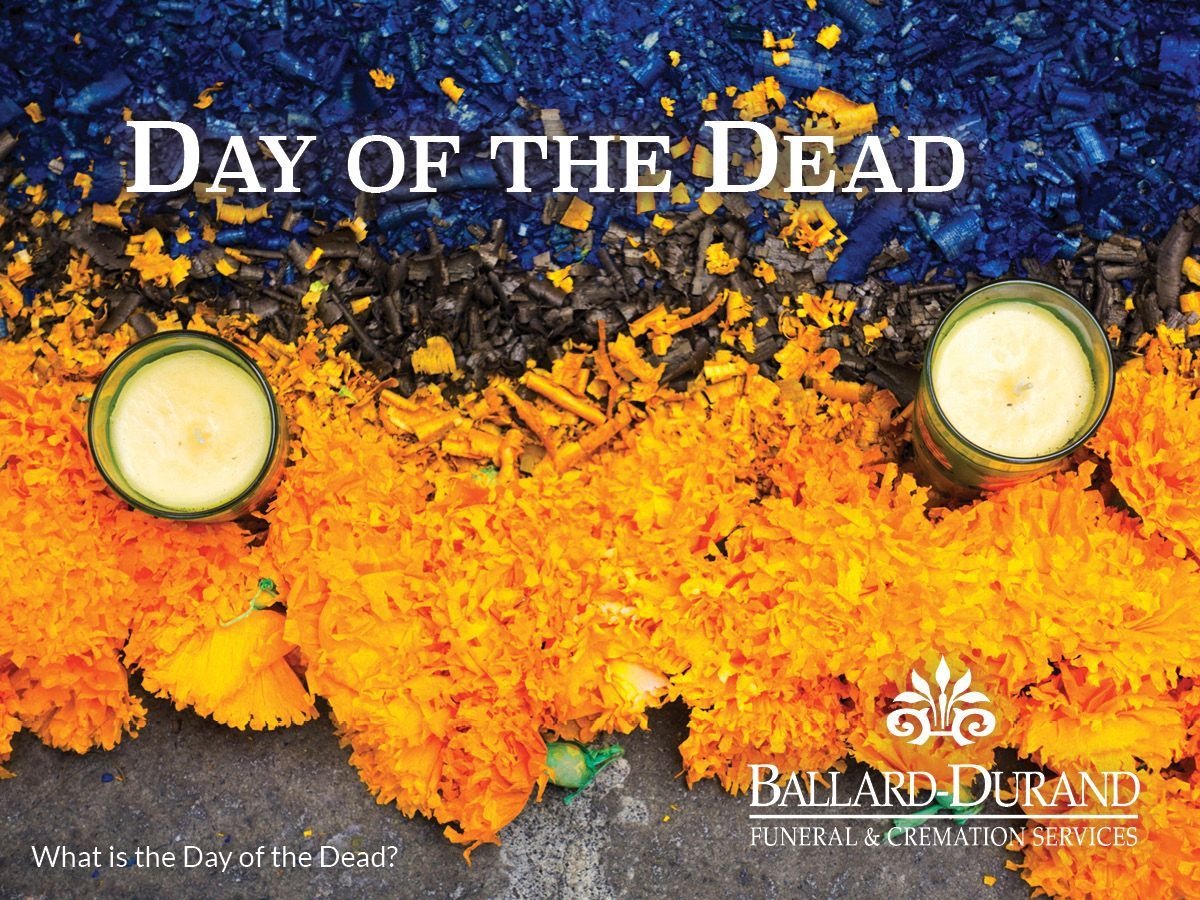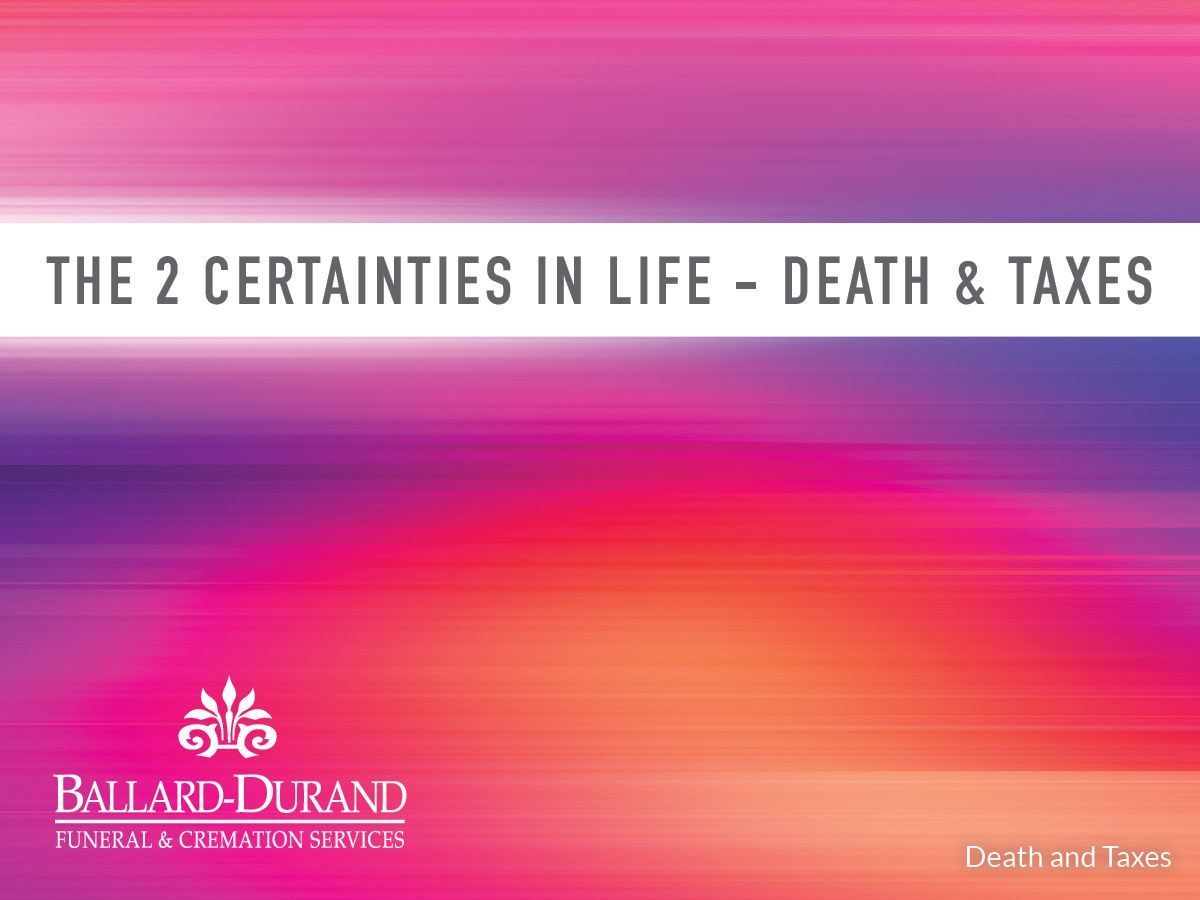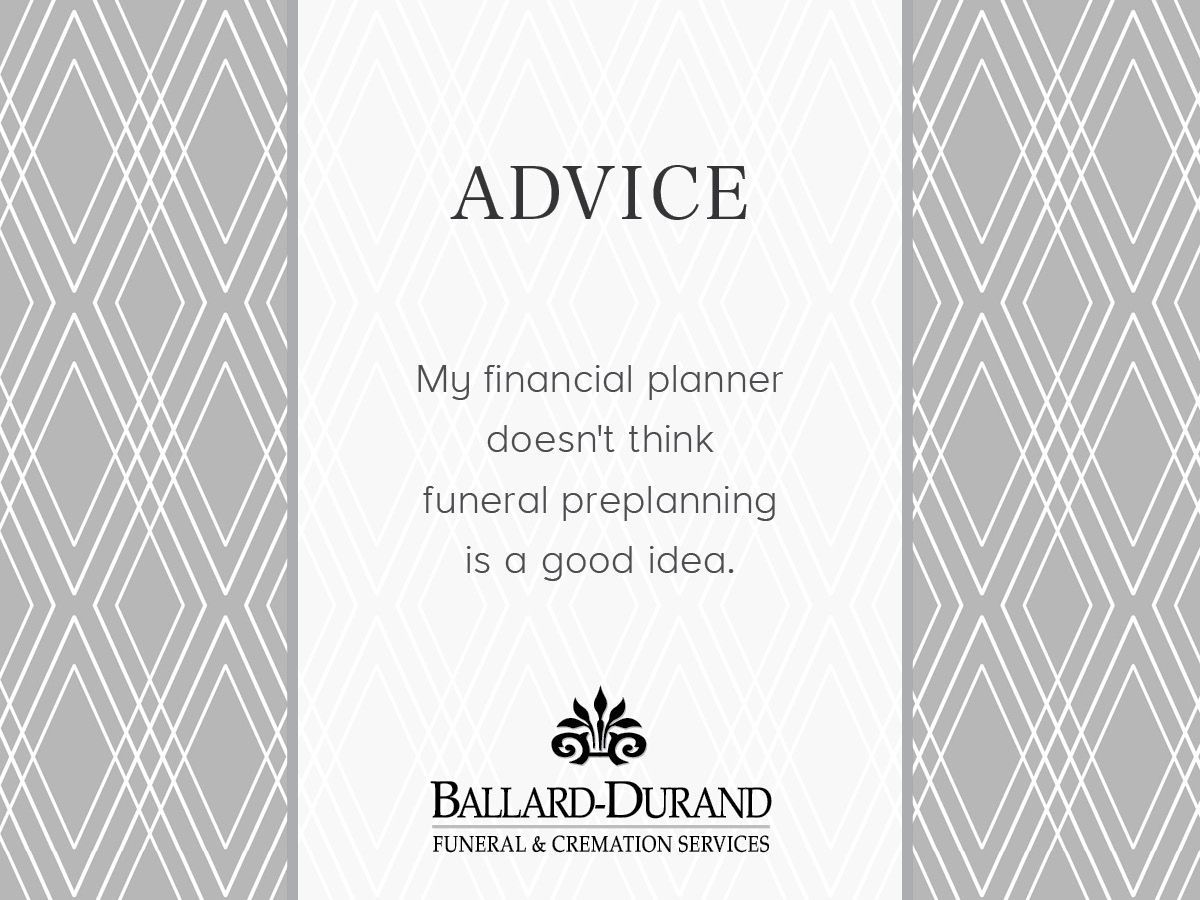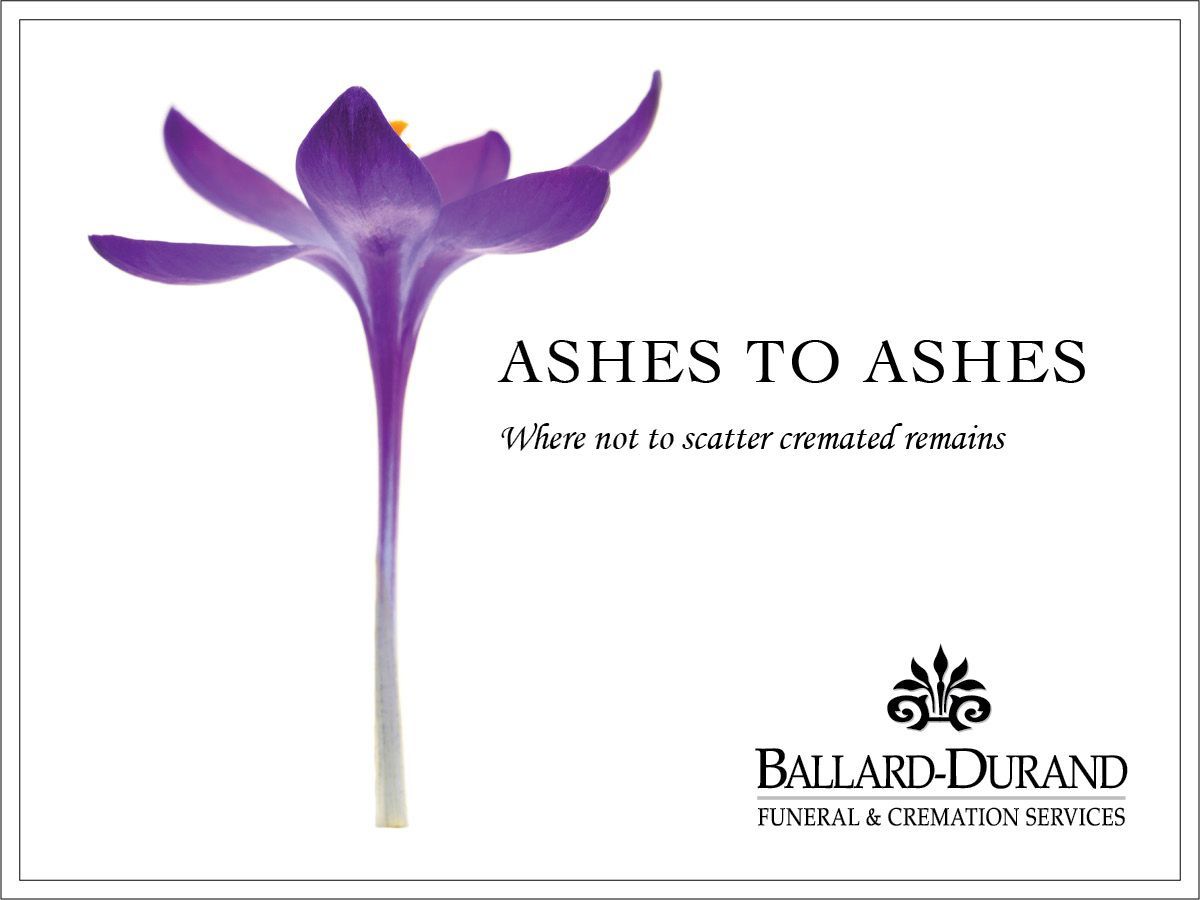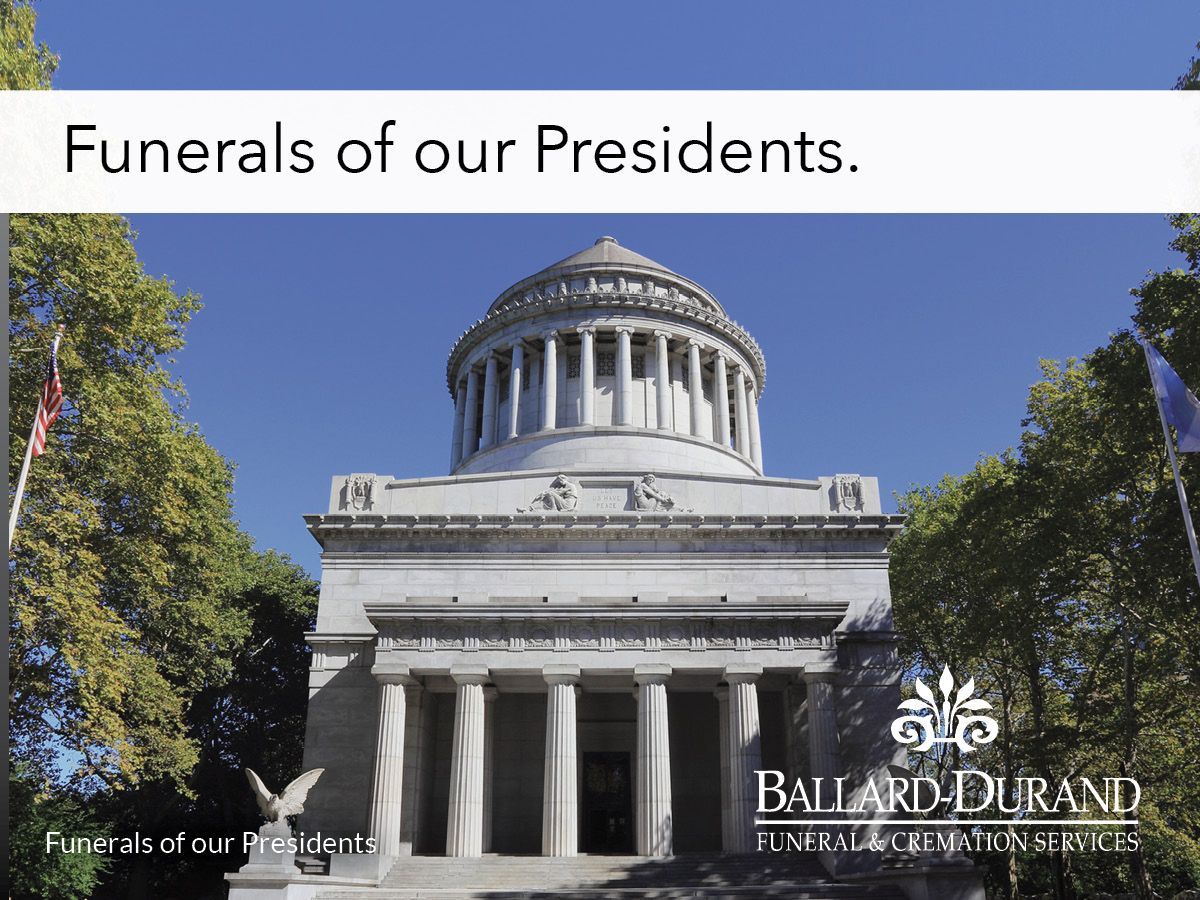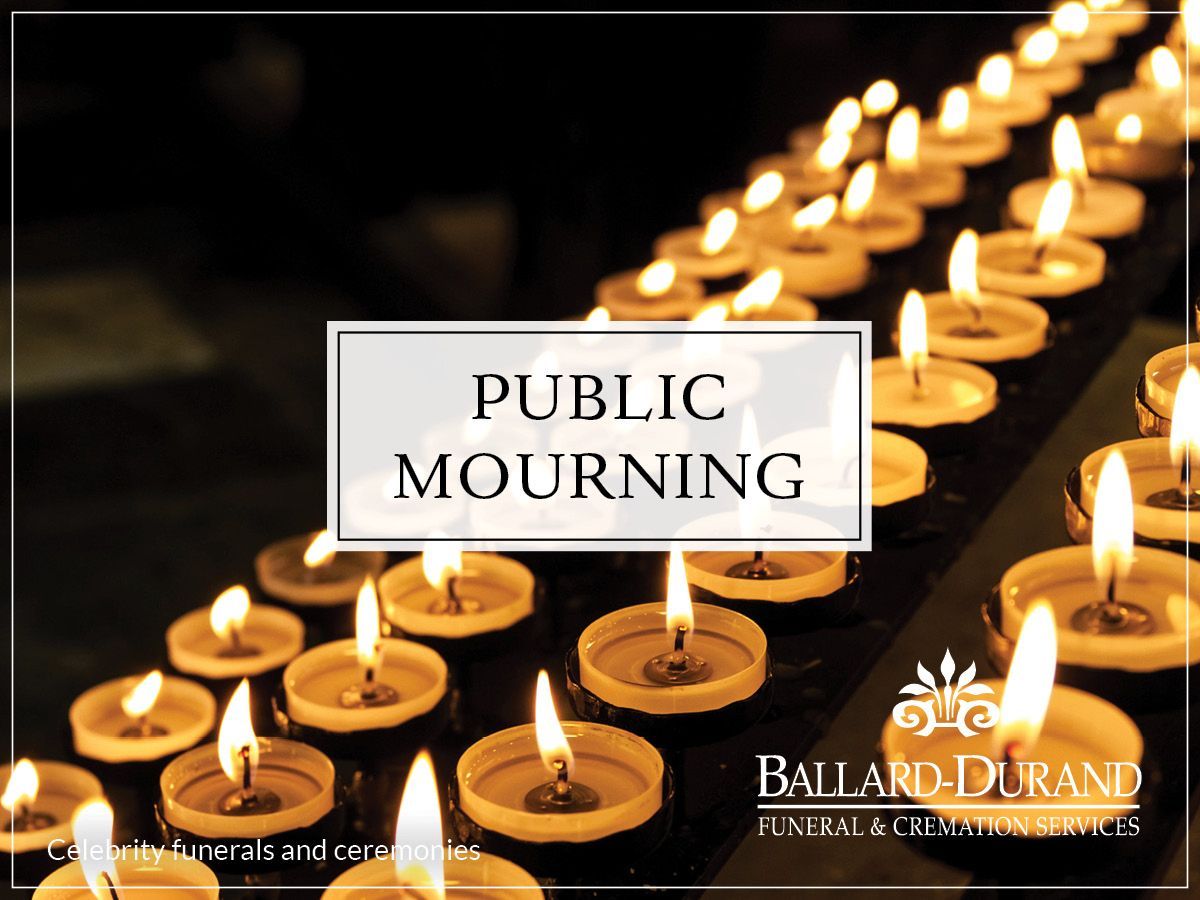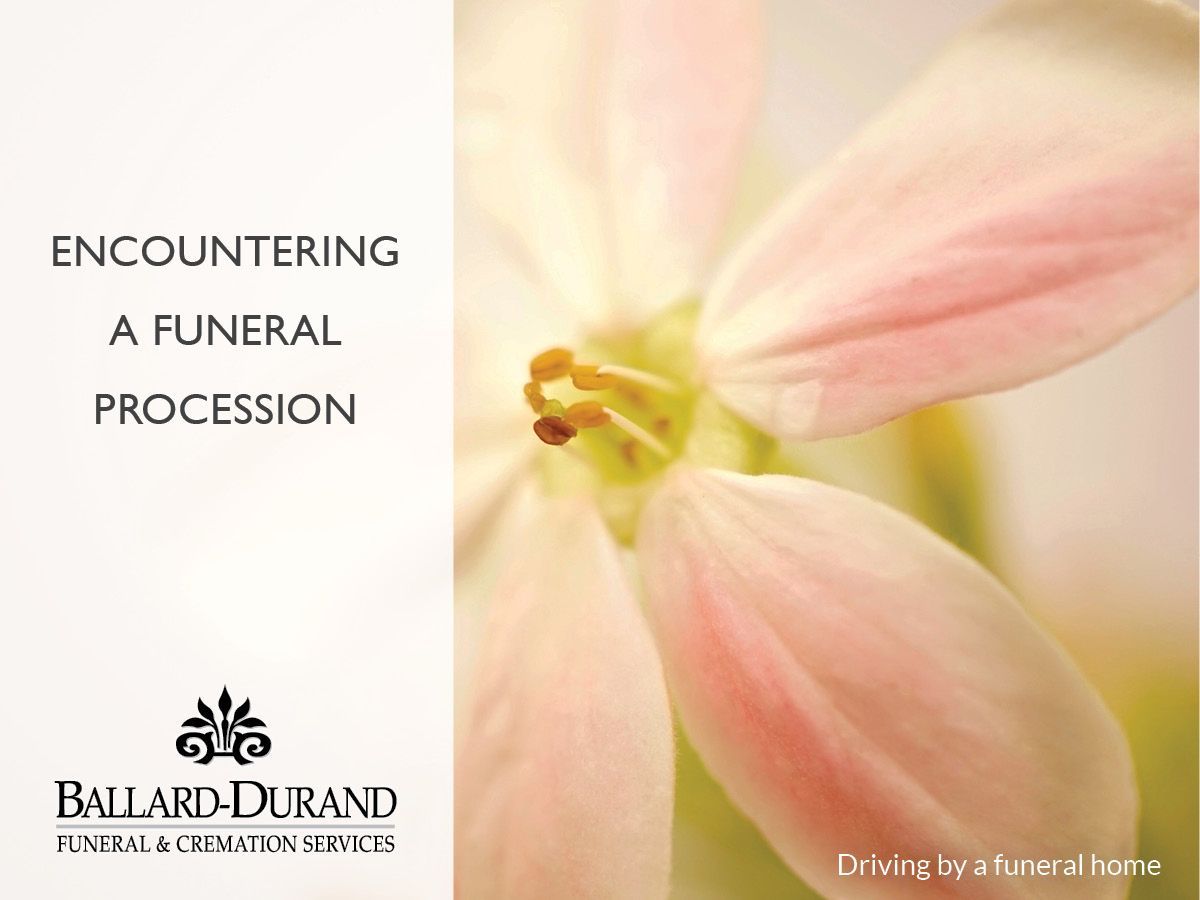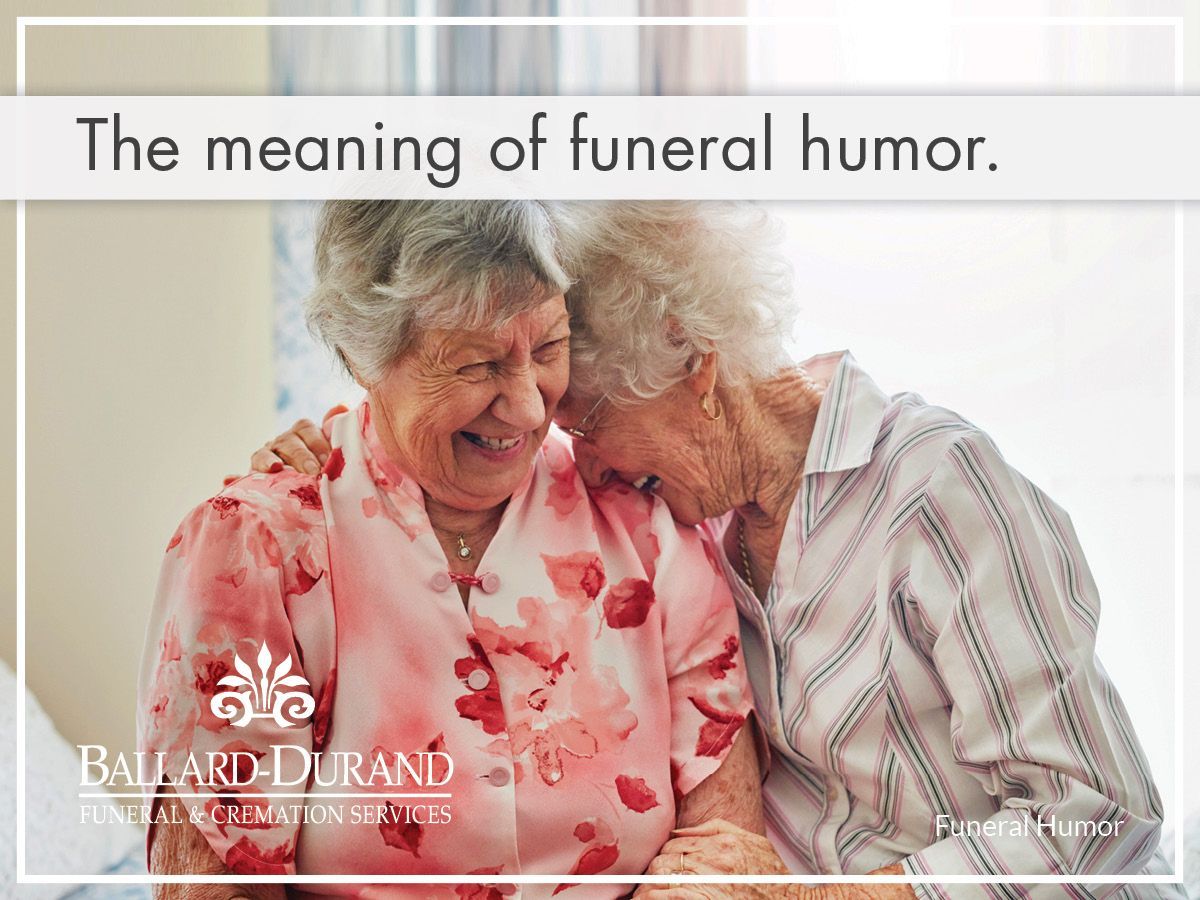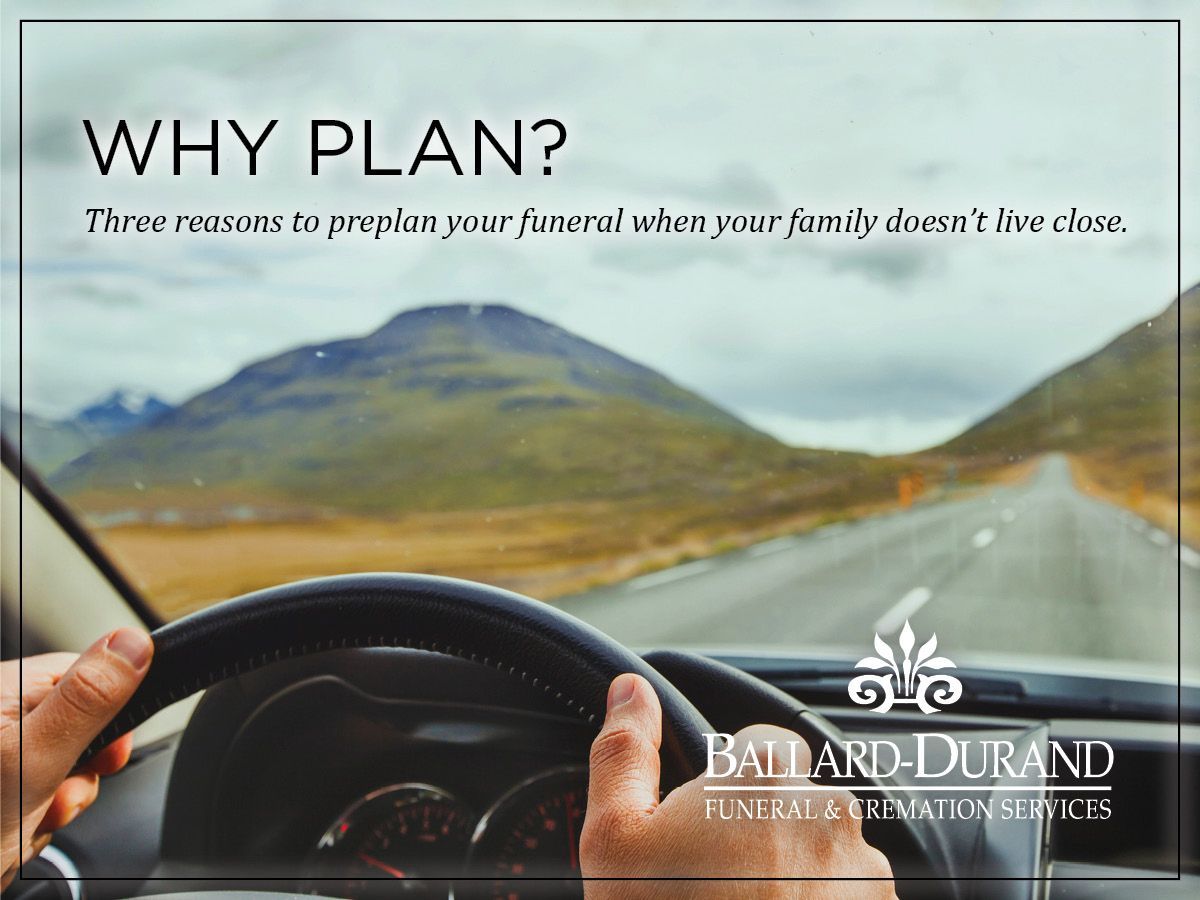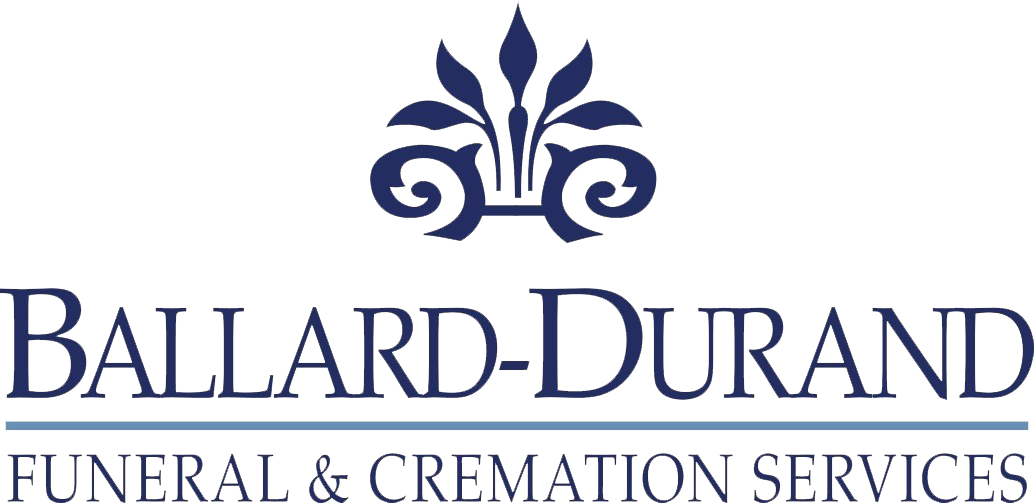Age-Associated Financial Vulnerability
Read this blog even though you don’t want to. Especially if you or your parent is over 65 or living alone. Age Associated Financial Vulnerability is a real thing and it affects intelligent, independent people. The Consumer Financial Protection Bureau puts the cost of elder financial exploitation as high as $36 billion a year.
If you are or you know anyone over 65 you know about the exploitation part. Those calls that come many, many times a day and at increasingly unorthodox hours of the day. Why are older Americans targeted? Because they hold a large percentage of the wealth. Some estimates have the over age 50 population holding as high as 83% of America’s wealth. And as we age, we become more vulnerable. It’s as simple as that.
If you think you are not a likely candidate for fraud, think again. Victims are not who you think they are. They are high functioning seniors and often test as “normal “on cognitive function assessments. It’s complicated. You can check out the report Brains and Losses at marketplace.org. It has to do with changes in our brains as we age. How we process information when we are in emotional states. That includes being angry (at the caller), being scared or just being a nice person. Scammers know how to exploit our emotions.
Bottom line, living alone increases susceptibility because when you are alone you don’t have that close contact to hash over a call or contact you receive. Prevention is the key. If you are living alone, open up to someone you trust. If you have a parent or relative living alone check in on them regularly. Don’t judge. Make yourself available. Ask your parent what they know about scams. Teach your parent how to screen calls.
Being susceptible does not mean an older person needs to go to a nursing home or lose independence. It does mean both the aging and those who love an older person need to be on their toes, maintain close contact, and have open conversations.
Some ideas about setting hard and fast lines of defense will follow in a later blog at this site.
